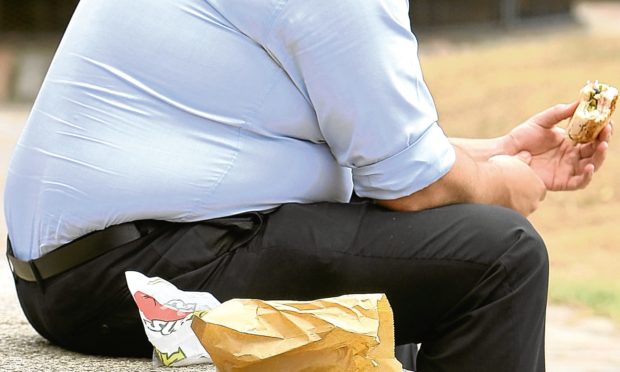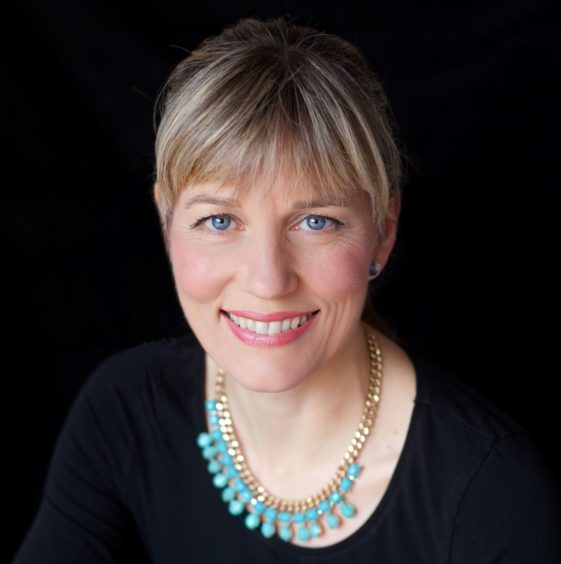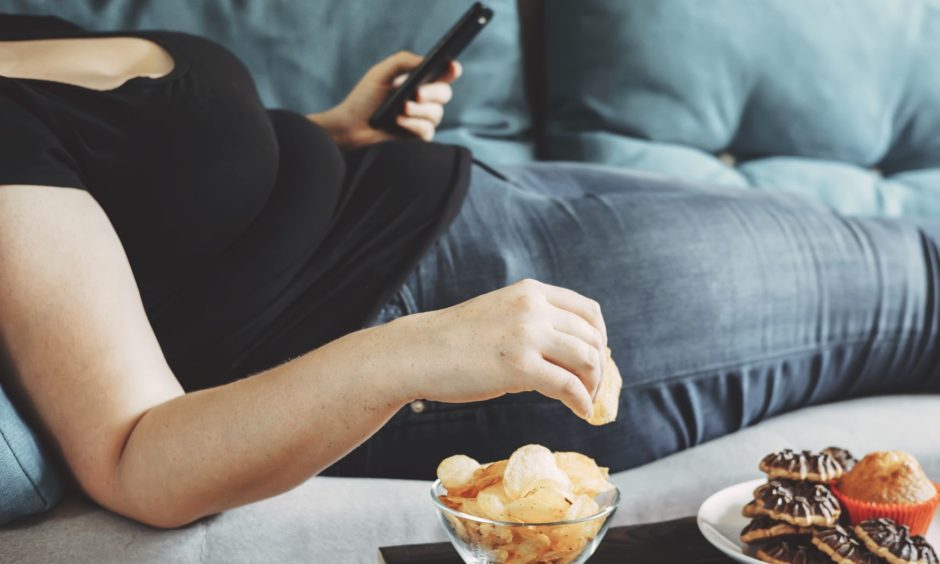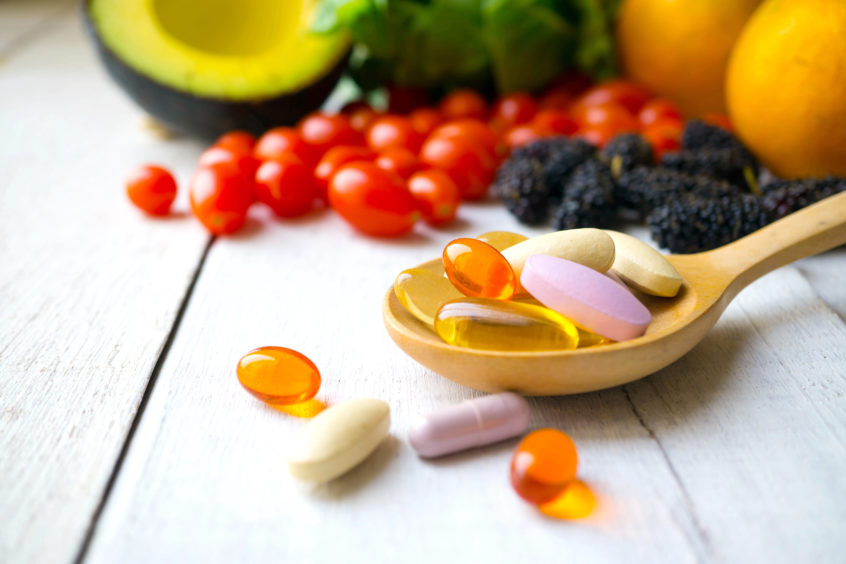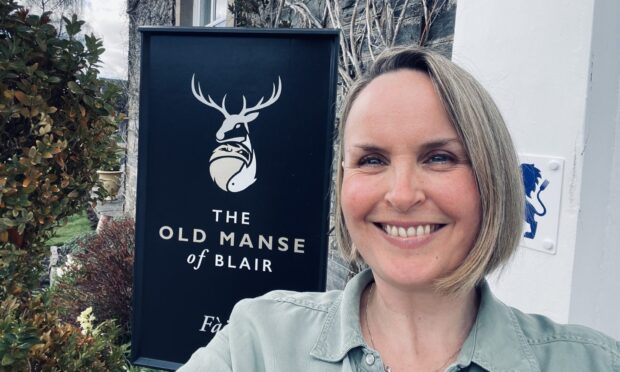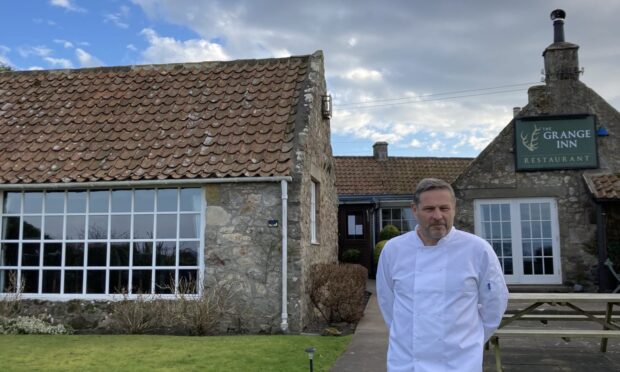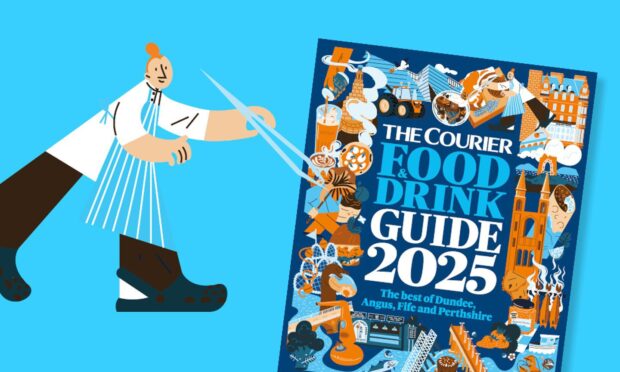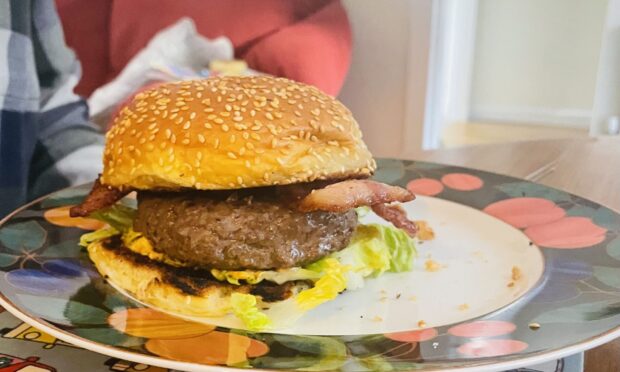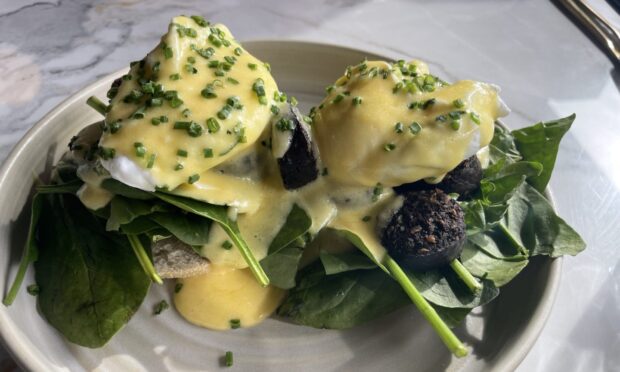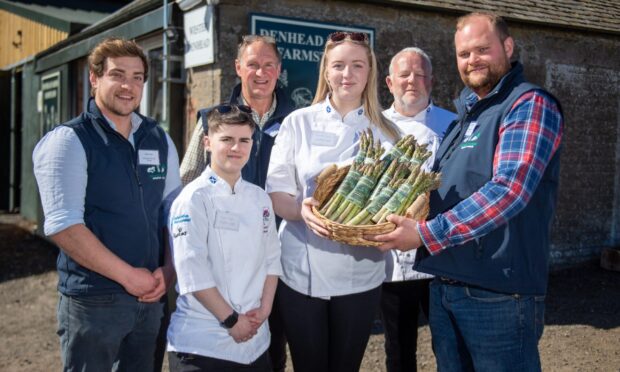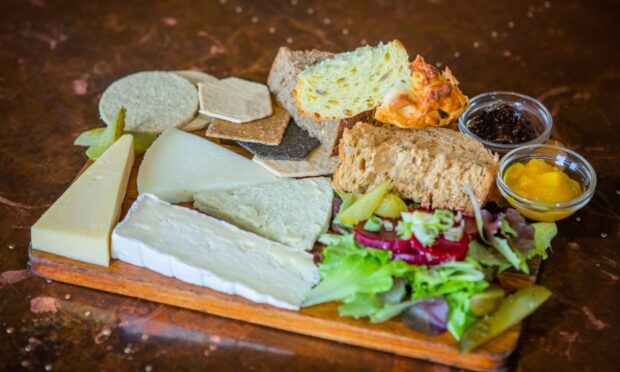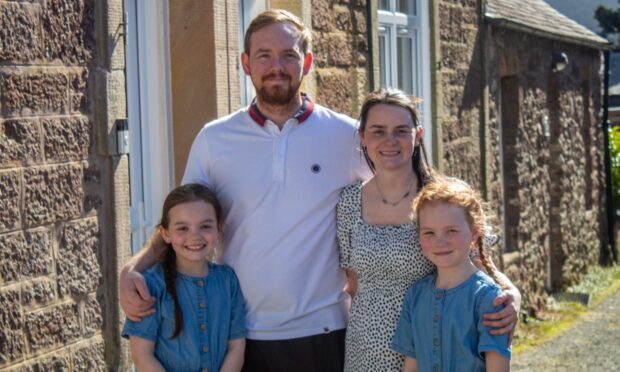Leading dietitian Dr Carrie Ruxton says Scots ‘add risk upon risk upon risk’ amid calls for obesity levels to be tackled.
One of Scotland’s most prominent dietitians says the coronavirus pandemic has exposed the health risks Scots face through poor diet, heavy drinking and inactivity.
Mortality rates from the coronavirus in the UK have been among the highest in the world.
The government has been accused of not implementing lockdown fast enough and of failing to protect care home residents who account for a large proportion of the fatalities. But there is also evidence to suggest high levels of obesity and related conditions in Scotland and the rest of the UK could have played a role.
Dietitian Dr Carrie Ruxton believes poor diet and unhealthy lifestyles put us at an increased risk from coronavirus. She said: “I’m seeing a lot of people blaming the government, saying they should have shut down the country earlier, organised more PPE [protective equipment] and I do sympathise and agree, but I also think, ‘What about all of us?’.
“If you look at countries where they haven’t had so many deaths, we’re looking at healthier populations, lower rates of obesity. Look at Greece, a poorer country compared with us, but they do better because they have a better diet, more sun, more outdoor and less sedentary work, so they’re less overweight. We have to have a real look at our weight and our diets and ask, ‘What changes could I make to protect myself from health threats in the future?’
A study of 99 countries by the US Centers for Disease Control and Prevention found obesity is the biggest risk factor for death from coronavirus among under-50s and those aged between 50 and 64.
Covid-19 patients in England with type 2 diabetes, which is often linked to being overweight or inactive as well as family history, account for around 31%. In Scotland, figures suggest almost of fifth of deaths were linked to diabetes, though there isn’t a breakdown between types 1 (which is not preventable) and type 2, linked to lifestyle.
Last week the charity Obesity Action Scotland said tackling the nation’s weight problem must be “central to the Scottish Government’s recovery plans” when it comes to the pandemic. Epidemiologist Professor Tim Spector, of King’s College London, also said recently: “Obesity and poor diet is emerging as one of the biggest risks factors for a severe response to Covid-19 infection that can no longer be ignored.” Dr Ruxton agrees.
She said: “Scotland has the biggest obesity problem in the world after America. We have a culture where people don’t tend to do a lot of exercise at all so there’s a huge amount of inactivity, a huge amount of obesity which causes type 2 diabetes, we have a drinking culture – we go to the pub and neck it back – there’s so much going on there.
“Ill health is multi-factorial and [unhealthy lifestyle] adds layer upon layer upon layer of risk. You don’t eat fibre, fruit and veg, you don’t exercise, you smoke, you’re adding risk upon risk upon risk. There’s a solution there. Try and scrape off some of those layers of risks – don’t smoke, drink moderately, eat more fruit, veg and wholegrains, be more active – it will help.
“It’s about having a healthy weight – not skinny malinky, but in a healthy range – and staying active. You can still be quite big and healthy. People shouldn’t think, ‘I’m a size 16, I’ll never be a size 8 so I’ll give up.’ If you are a size 16 and you’re active and eating better and you drop down to a size 14 that’s going to make a difference.”
Dr Ruxton, who is a dietitian with the Health and Food Supplements Information Service, says the best starting point when it comes to what we eat is to move towards a diet high in fibre and rich in vitamins and minerals.
“There are two key areas. There’s the fibre, the non-digestible carbohydrates like inulin [a type of dietary fibre found naturally in plants], that feed the good, positive bacteria in the large intestine.
“Then there are polyphenols, plant compounds found in foods – including fruit and vegetables, tea and orange juice – and they aren’t absorbed in the small intestine, they go to the large intestine and get broken down by the bacteria there and absorbed into the blood. Polyphenols are linked with protecting against cancer and heart disease and even the effects of aging.
“Other important aspects of the diet are the vitamins and minerals, and they often get forgotten about. In rich Western society we talk about over nutrition and we say, ‘Eat less of this and avoid that,’ but we don’t say anything about vitamins and minerals. If you look at the Scottish diet there’s considerable numbers of people who aren’t getting enough vitamins and minerals.
“Take vitamin D; the Government advice has always been to consider a supplement from autumn to spring but people aren’t doing it. People in care homes should be given routine vitamin D supplements and that isn’t happening. People should be saying to their grandparents to take vitamin D – and this [pandemic] has raised awareness like never before.”
Studies show that 54% of people in Scotland on average do not have sufficient vitamin D levels by the end of winter, a figure that is significantly higher among those in deprived areas.
Dr Ruxton added: “Obesity makes a lot of vitamin D in your body unavailable. Your fat cells trap it, so it doesn’t go into your blood to be used. Overweight and obese people can increase levels simply by losing weight. These things need to be highlighted more.”
She also points to common low levels of important minerals such as zinc (thought to help regulate immune function) and selenium (which has antioxidant properties with multiple health benefits) in the general population.
“Eating frequently, smoking, high-fat diets, these increase free radicals in the body, and our body deals with them by having antioxidants in its back pocket so when we have illnesses or inflammation our body can re-balance it again. If you’re not eating those things, if you don’t have fish or brazil nuts [good sources of selenium] much, then you will have a lack of antioxidants and your cells get damaged.
“With vitamin D [derived mainly from sunlight] natural food sources are oily fish, eggs and some mushrooms, but supplements are highly effective and if you take the recommended amount of 10mcg a day you will increase your vitamin D levels. We want people to get outside too, so it’s about having a look at your overall lifestyle.
“If you don’t eat oily fish – things like mackerel, herring, trout – then think about an omega 3 supplement. They’re an anti-inflammatory and from an immune function perspective they have an important role in keeping the balance right in your body. If I caught an influenza or another bug, my immune system reacts and in reacting it creates a burst of inflammation in our bodies which can be damaging in itself.
“The aches and pains are caused by inflammation – a by-product of the virus – and omega 3s calm that down. They’re a very helpful nutrient so I think that’s important. If you’re looking for a vitamin D and Omega-3 supplement, ask your pharmacist because you could get a combined supplement. Cod liver oil is very inexpensive and has vitamins D, A and Omega-3 all together so you might not have to take another supplement on top.
“If you know your diet is rubbish then something like a multivitamin and mineral is good and that’s a good idea for teenagers who can be very resistant to healthy eating for a period of time.”
